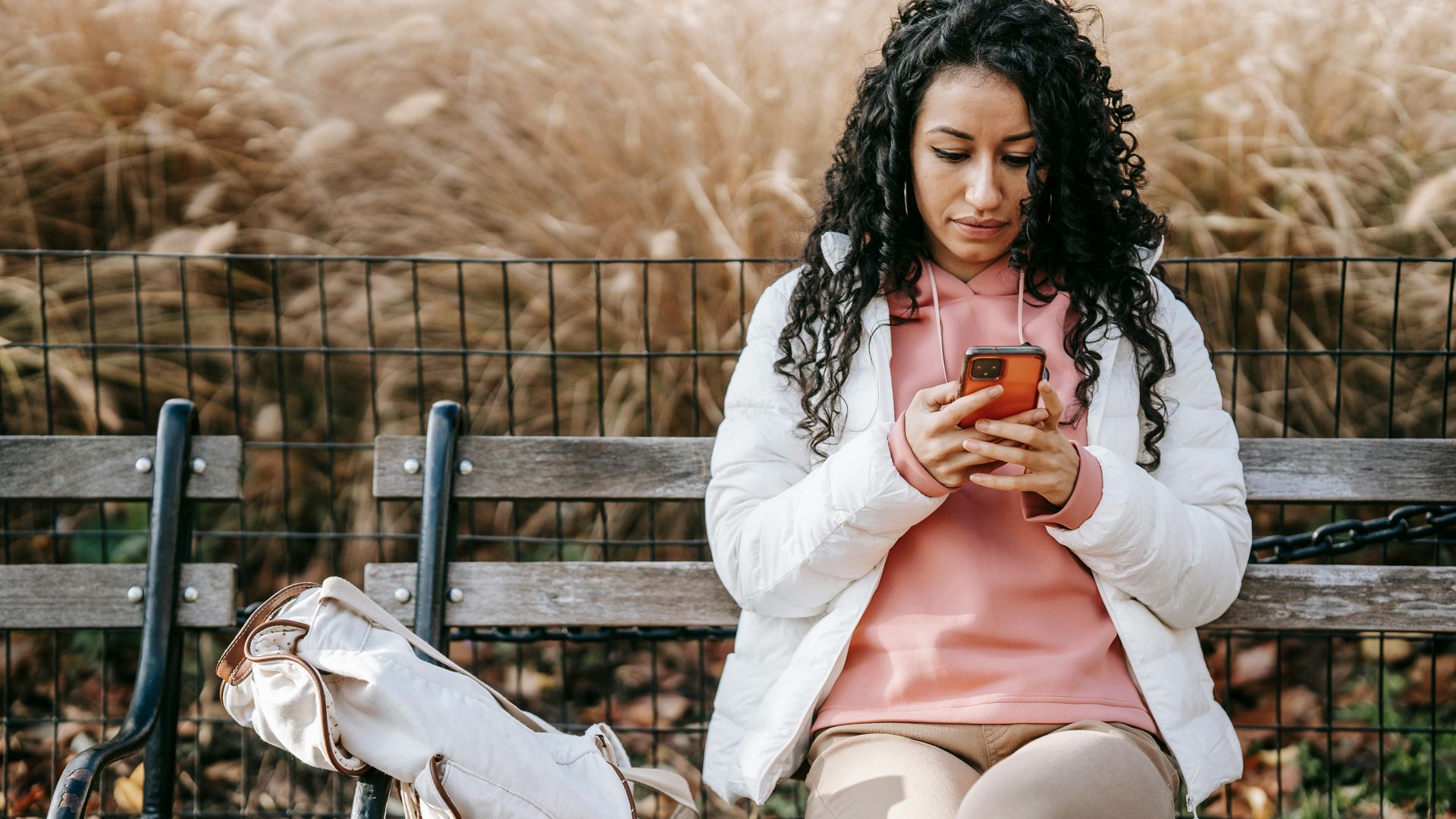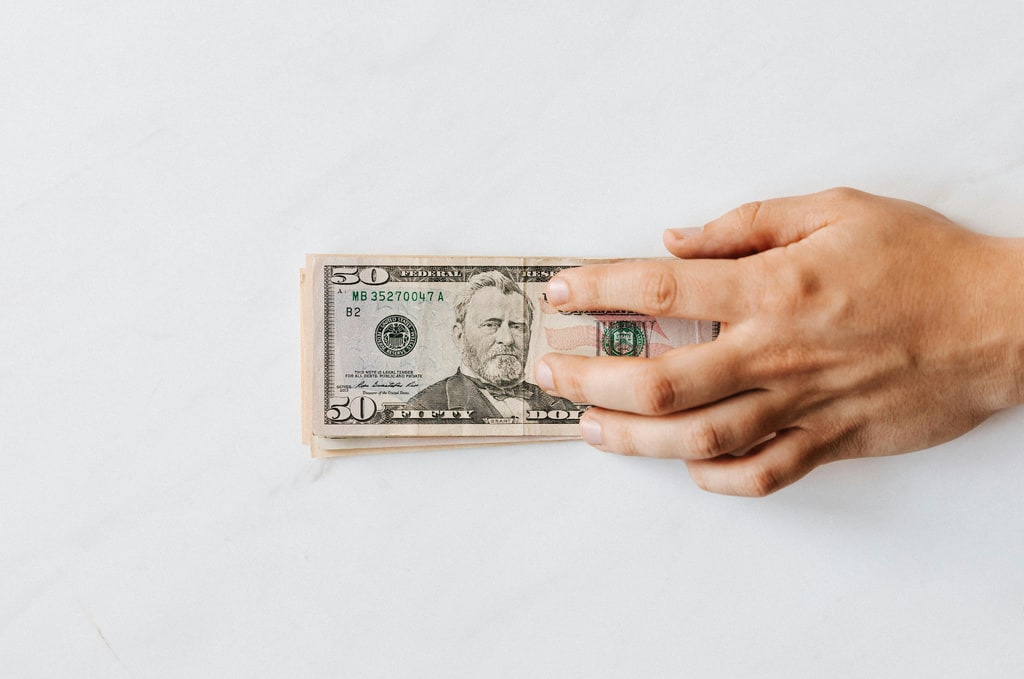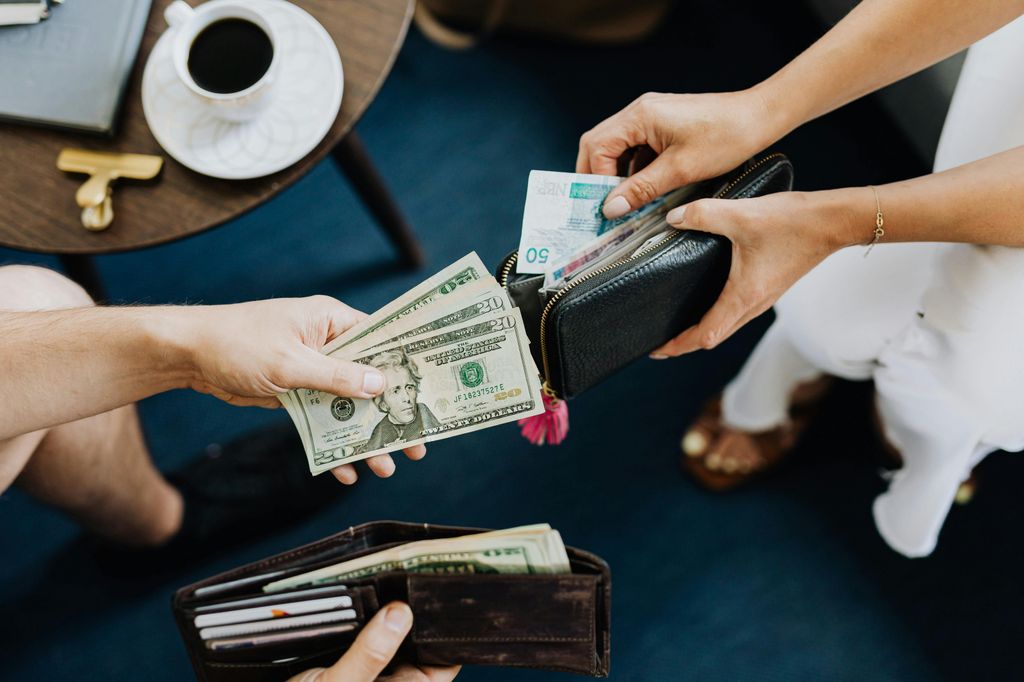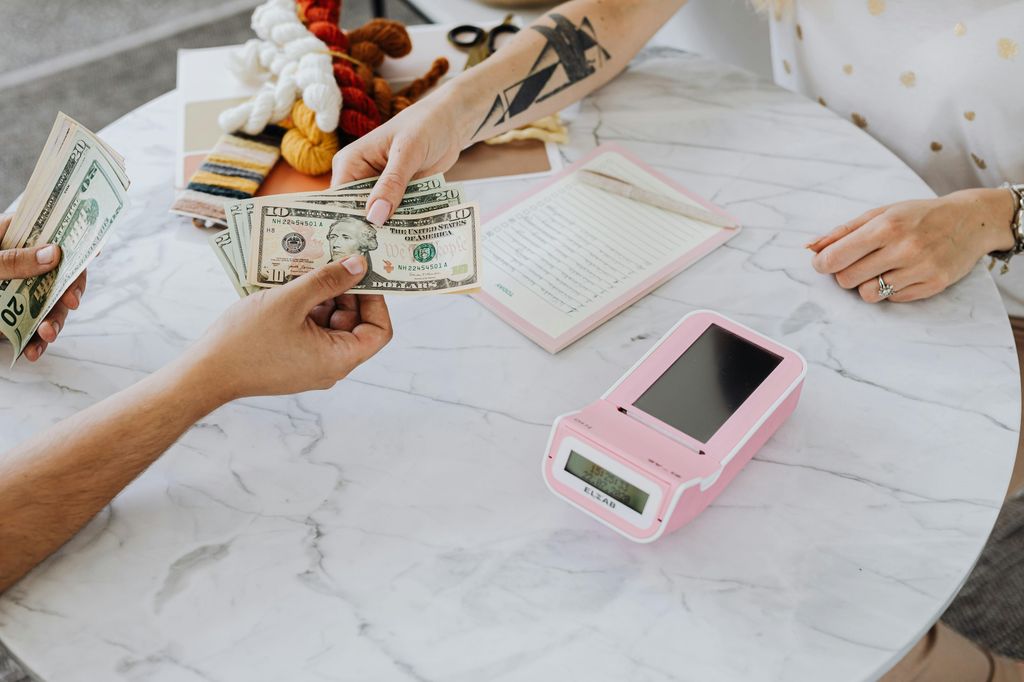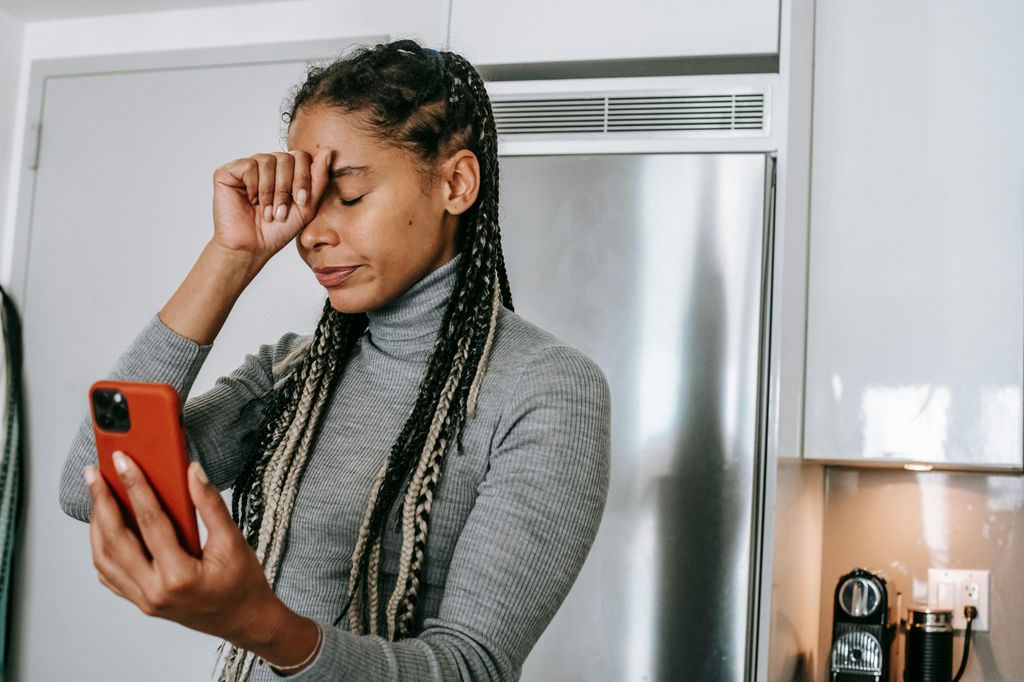You exercise, eat balanced meals, drink water, meditate… but are you being as diligent about your financial safety?
Financial health and safety are a huge factor in your overall wellbeing, so it’s time for your financial safety checkup!
Most of us enjoy using money transfer apps, they are convenient, easy to use, and safe!
Safe… if you use your payment app as directed to send money to someone you know and trust. The risk happens when someone you don't know convinces you to send them a payment.
The use of money transfer apps like Cash App boomed in popularity during the pandemic as people were looking for safe, contactless ways to send and receive money.
These apps are referred to as “peer-to-peer” platforms because they’re designed to make it easy to transfer money among friends and family. You just search for each other in-app using email addresses, phone numbers or usernames, and can send payments for brunch, gifts, or your share of the rent.
Scammer activity has also boomed, and app users often aren’t supported when they have been misdirected by scammers. It is important to do your part and avoid putting your finances at risk.
Below is a list of common scams to watch for, and tips for how to avoid these scam techniques. You will want to share these tips with family and friends!
Most common scams to watch out for in 2024
If someone is promising something that sounds too good to be true (e.g., a “hack” or free money in exchange for you sending them a payment first), then it is almost certainly a scam.
Read more on how to identify & prevent scams.
Always be wary of individuals promising you anything. What scammers do, by and large, is promise you something, take your money, and then never deliver on what they promised.
Cash Flipping and Clearance Fee Scam
Scammers will claim they can “flip” your money, promising to increase your money if you first send them funds (sometimes they call this a “clearance fee” or “account verification”).
These scammers will accept your funds but never send you anything in return. If someone promises you free money in return for sending them a payment, it is a scam.
There are no legitimate businesses that are “flipping cash.” They are all likely scammers.
Payment Claiming Scam
Sometimes scammers will ask you to “claim” a payment that you “deserve” by sending money to them. These payment-claiming attempts are always scams. Never send money to a person promising a larger payment in return. As with Cash Flipping, if someone promises you free money in return for sending them a payment, it is likely a scam. Cash App will never ask you to “claim” a payment by sending money to Cash App.
Puppy/Pet Deposit Scam
Scammers will claim to have an upcoming litter and request a deposit to secure one of the puppies or kittens. These scammers usually post fake photos, won’t communicate over the phone, and will offer to sell purebred, highly-sought-after animals at an extremely low price. Scammers do not provide refunds if you don't receive what you pay for. Cash App recommends engaging with people and businesses that you know and trust. Always verify those to whom you send money and pay them after you receive what you purchased.
Apartment / Home Rental Deposit Scam
Scammers often promise a good or service without providing proof that it exists. This includes promising to find you a cheap apartment or offering an apartment at a much lower rate than normal, but requiring you to send them a deposit first (e.g., before touring the prospective rental). Never send money to someone you don’t know or trust who is promising to deliver you something later - like an apartment rental. If you can’t verify who someone is or the legitimacy of what they are offering, it’s probably a scam.
Mistaken or Accidental Payment Received Scam
Scammers might send you a payment ‘by accident’ and ask you to send the payment amount back to them.
Never send money to someone you don’t know. Even if it seems to be an accident. Decline payment requests from people you don’t know. If it happens again, you can block the sender or requester.
Prevention is the best medicine
Cash App, the #1 Finance App in the U.S. App Store, says these are some of the top ways to avoid payment app scams and keep your money safe:
- Turn on notifications and enable Cash App’s Security Lock Setting to keep your account more secure
- Keep your information safe. Never provide sensitive information to anyone
- Verify and double-check all recipient information before sending any payment to confirm you are sending money to the correct person
- Don’t send money to someone promising you something in the future
- Don’t send money to a love interest you haven’t met in person
- Password-Protect Your Mobile Device
- Enable Two-Factor Authentication for Your Email
Generally, one of the best ways to protect yourself and avoid scammers is to never share your sensitive information with anyone.
- No Cash App service representative will ever ask for your sign-in code.
- Never give anyone your sign-in code. This unique code helps keep your account safe and secure from scammers and fraudsters.
- Do not share your Cash App login password with anyone
- No Cash App service representative will ever ask you to send a payment to any Cash App account.
- Scammers claiming to be service representatives from other companies may ask that you send money to another Cash App account. Do not do this - it is likely a scam.
- No Cash App service representative will ever ask you to provide sensitive information like your full debit card number, your bank account information, or your Social Security Number.
- If you believe that you have been scammed, please change your Cash App PIN immediately and then report the incident by contacting Cash App Support
What should you do if you think you got or are being scammed?
You must report any potential scam payment immediately!
The best way to contact Cash App Support is directly through your app. On the Cash App home screen, first tap the profile icon, and then select Support. You can proceed there to address your issue.
You can reach Cash App's support team, who are available 7 days per week, 9am to 7pm EST, at 1 (800) 969-1940 or visit the Cash App website for more information.
Contact Support Services for your bank, credit card, or whichever financial institution or platform through which you suspect you made a fraudulent payment.
